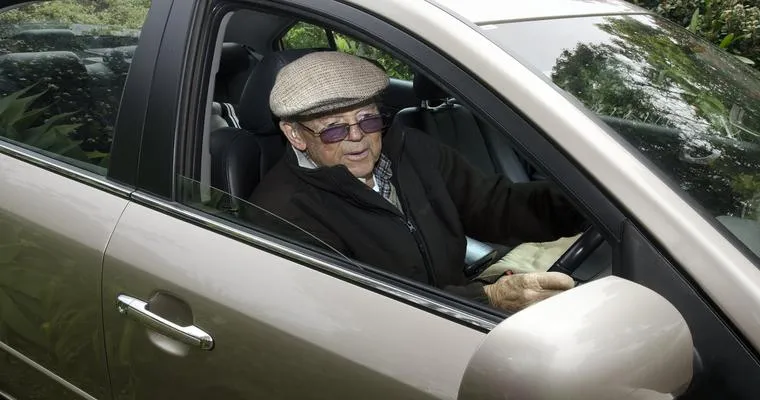As our loved ones age, we often find ourselves contemplating difficult questions about their independence and safety. One such question that frequently arises is, "should my dad drive a car at 92"? This decision can be challenging, as it involves balancing the desire for "independence" with the need for "safety". In this article, we will explore the factors to consider when deciding whether an elderly person should continue to drive.
Assessing Physical Health
One of the primary considerations when evaluating whether your dad should continue to drive at 92 is his "physical health". Age can bring a host of health issues that may impair driving abilities, such as "vision problems", "hearing loss", and reduced "reaction times". It’s crucial to assess if he has any medical conditions or takes medications that could affect his driving. Regular check-ups with a healthcare provider can help determine if he is fit to drive safely.
Evaluating Cognitive Function
In addition to physical health, cognitive function plays a vital role in driving ability. Conditions like "dementia" or "Alzheimer’s disease" can significantly impact a person’s judgment, memory, and reaction times. It may be beneficial to have a conversation with your dad about his mental sharpness and ability to make sound decisions while driving. If you notice signs of cognitive decline, it might be time to reconsider his driving privileges.
Understanding Driving Conditions
Driving conditions can also influence whether it is safe for your dad to be behind the wheel. Consider factors such as "traffic patterns", "road conditions", and the complexity of routes he typically drives. If he is only driving short distances in familiar areas during off-peak hours, he may feel more comfortable and confident. However, if he frequently encounters heavy traffic or challenging driving environments, it could pose a risk.
The Role of Technology
Modern vehicles come equipped with various "safety features" that can aid older drivers. Technologies such as "rearview cameras", "lane departure warnings", and "automatic braking systems" can enhance safety for seniors. If your dad is keen on driving, exploring vehicles with these features may provide additional peace of mind.
Alternative Transportation Options
If the decision is made that your dad should no longer drive, it’s important to discuss "alternative transportation options". This may include public transportation, rideshare services, or even relying on family and friends for rides. Maintaining his independence is essential, so finding suitable alternatives can help him stay active and engaged in the community.
Conclusion
Ultimately, the question of whether your dad should drive at 92 depends on a variety of factors, including his physical health, cognitive function, and driving conditions. Open communication is key, as is a willingness to explore alternatives if necessary. By considering these aspects, you can help ensure that your dad remains safe while maintaining his independence as long as possible.





